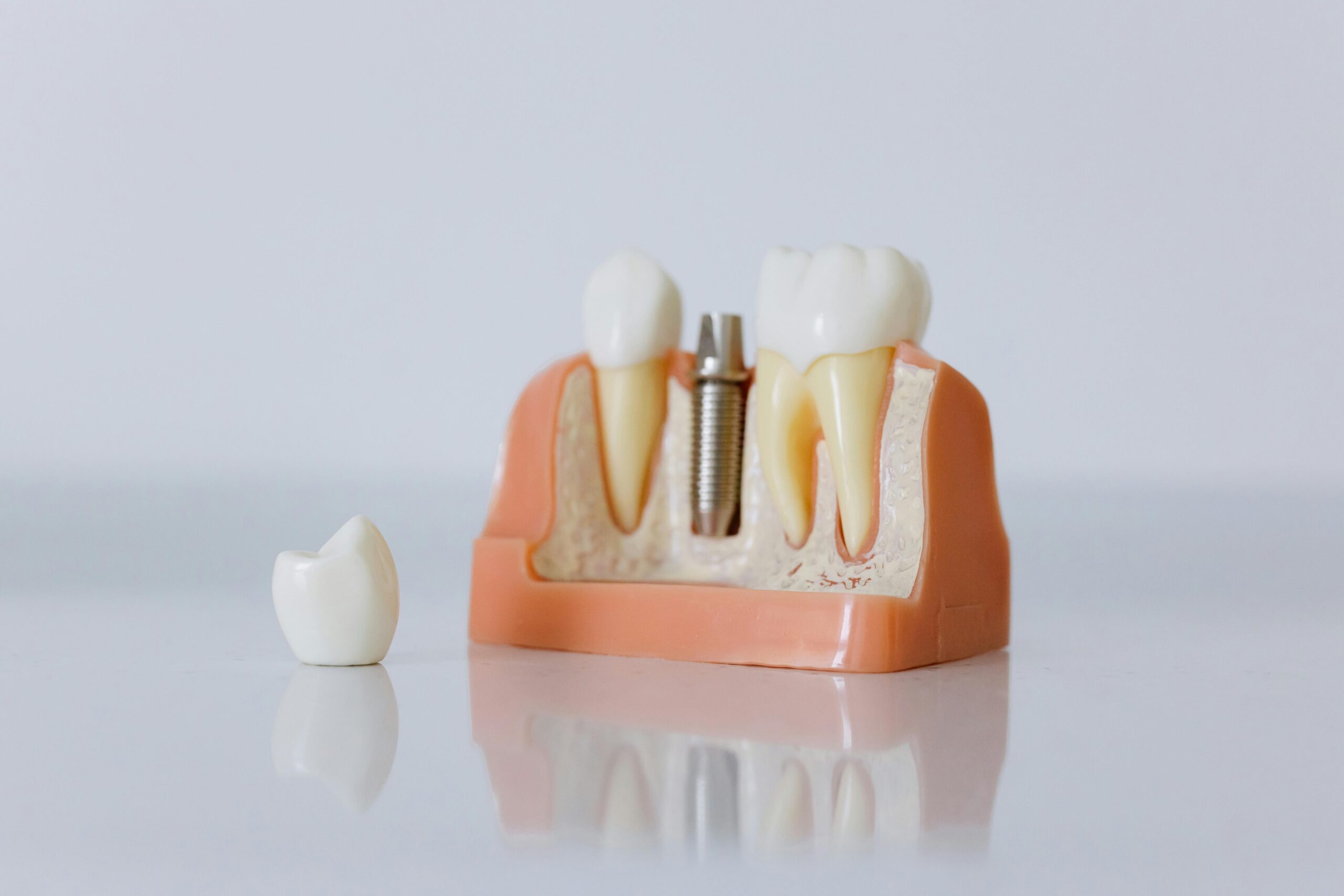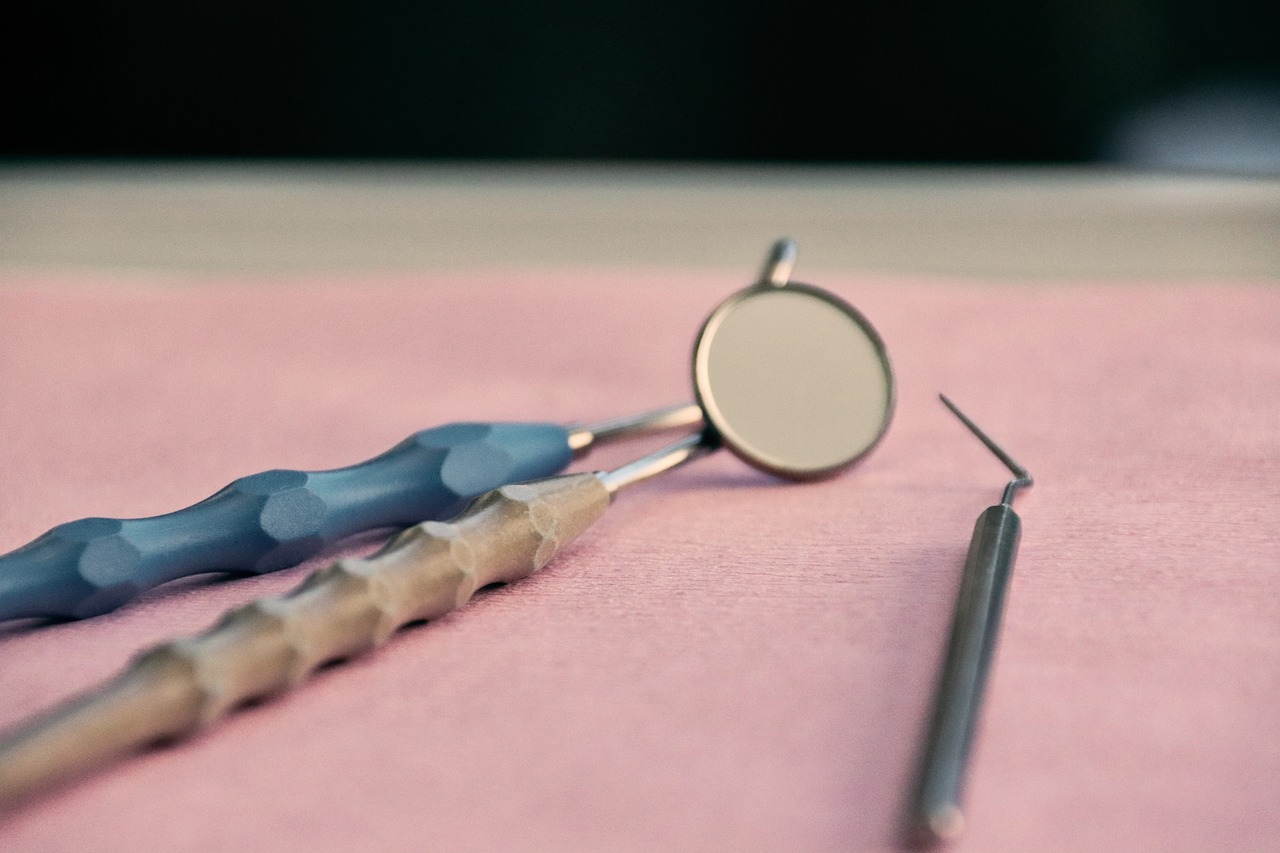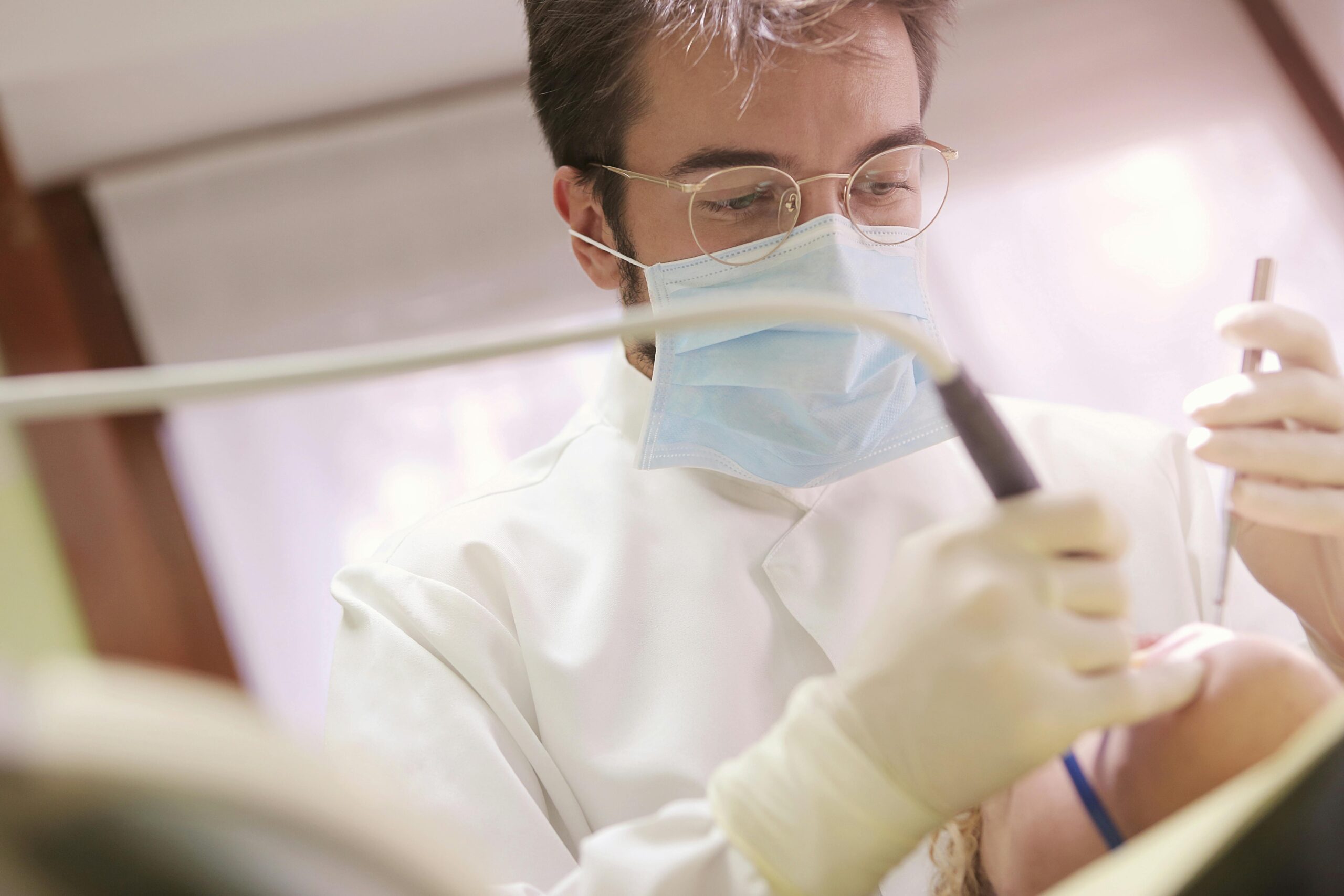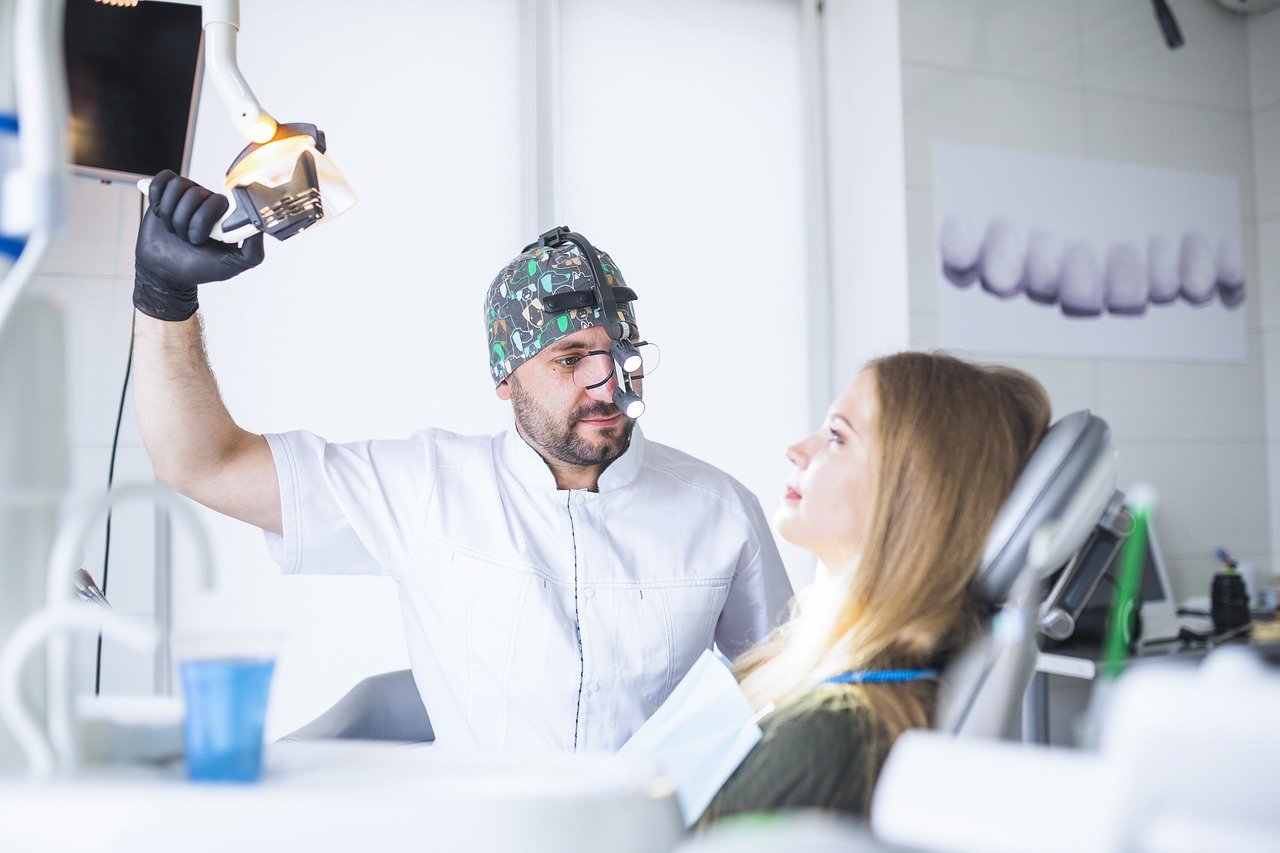Dental implants have revolutionized the way we replace missing teeth. Whether you’ve lost a tooth due to injury, decay, or gum disease, dental implants offer a long-term, natural-looking solution that restores both function and aesthetics. In this blog, we’ll walk you through everything you need to know about dental implants — from what they are to their benefits, the procedure, and aftercare.

Dental Implant
✅ What Are Dental Implants?
Dental implants are artificial tooth roots made of biocompatible materials (usually titanium) that are surgically placed into your jawbone. Once integrated with the bone, they serve as a stable foundation for replacement teeth — crowns, bridges, or dentures.
Components of a Dental Implant:
Implant Fixture – the screw that’s placed into the jawbone.
Abutment – the connector between the implant and the crown.
Crown – the artificial tooth that looks and functions like a real one.
💡 Who Can Get Dental Implants?
You may be a good candidate if:
You have one or more missing teeth.
You have healthy gums and adequate bone density.
You don’t have health conditions that affect healing.
You’re not a heavy smoker (as it can affect healing).
If you lack bone, procedures like bone grafting may be done before implant placement.
🔍 Benefits of Dental Implants
🦷 Natural appearance and feel
💪 Restores full chewing power
🗣️ Improves speech and confidence
⏳ Long-lasting solution (can last decades)
🦴 Prevents bone loss in the jaw
🔄 No impact on surrounding teeth (unlike bridges)

Universal Dental Clinic Kurali
🛠️ The Dental Implant Procedure
Here’s a general breakdown of the implant process:
1. Consultation & Planning
Full dental examination, X-rays, and 3D scans
Assessment of bone structure and treatment plan
2. Implant Placement
Performed under local anesthesia or sedation
The implant is surgically inserted into the jawbone
Healing time: 3 to 6 months (osseointegration)
3. Abutment Placement
Once healed, a small connector (abutment) is attached
4. Crown Placement
A custom-made crown is fixed on the abutment
The crown is color-matched to your natural teeth
⏱️ Healing and Recovery
Swelling and discomfort may occur for a few days.
Soft diet is recommended initially.
Good oral hygiene is crucial during healing.
🧼 Aftercare and Maintenance
Brush and floss daily
Regular dental checkups (every 6 months)
Avoid smoking and excessive alcohol
Use a soft-bristled toothbrush
With proper care, implants can last 15 years or more — some even a lifetime!

Universal Dental Clinic Kurali
💰 Cost of Dental Implants
The cost varies based on:
Number of implants
Need for bone grafting or sinus lifts
Location and dental clinic
💸 Estimated cost (per implant): $1,500 – $6,000
Insurance may partially cover the cost.
Q: Are dental implants painful?
A: The procedure is done under anesthesia, so you’ll feel minimal pain. Some discomfort afterward is normal and manageable with medications.
Q: How long does the whole process take?
A: Typically 3–6 months, depending on healing and additional treatments.
Q: Are there any risks?
A: Complications are rare but can include infection, nerve damage, or implant failure (especially in smokers or people with poor oral hygiene).
🏁 Conclusion
Dental implants are a reliable, long-term solution to missing teeth. They look, feel, and function like natural teeth and help preserve your oral health. If you’re considering this treatment, consult a qualified implant dentist to see if it’s right for you.



One Response